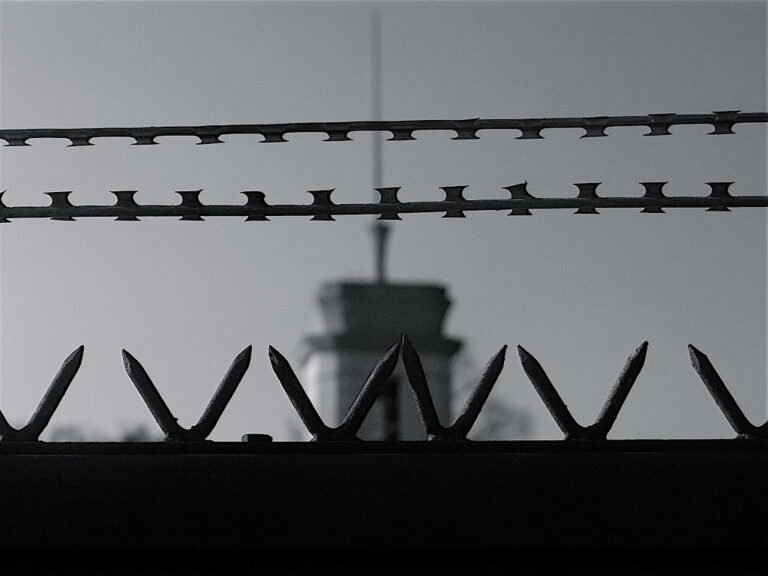
(Source : NBC New York) In a stunning development that has left healthcare providers and millions of vulnerable Americans in limbo, Medicaid reimbursement portals were down across all 50 states on Tuesday following a federal funding freeze ordered by the Trump administration. The freeze, which temporarily halts grants, loans, and other financial assistance programs, has sparked outrage among lawmakers and raised fears of widespread disruptions to healthcare services.
The shutdown came just one day after acting Office of Management and Budget (OMB) Director Matthew Vaeth issued a memo ordering a “Temporary Pause of Agency Grant, Loan, and Other Financial Assistance Programs.” While the White House has assured the public that systems will “be back online shortly” and that payments will not be affected, the incident has ignited a firestorm of criticism from Democratic lawmakers and healthcare advocates.
“My staff has confirmed reports that Medicaid portals are down in all 50 states following last night’s federal funding freeze,” Sen. Ron Wyden, D-Ore., wrote in a post on X (formerly Twitter). “This is a blatant attempt to rip away health insurance from millions of Americans overnight and will get people killed,” he added, accusing the administration of jeopardizing the health and safety of low-income families, pregnant women, the elderly, and people with disabilities who rely on Medicaid.
Sen. Chris Murphy, D-Conn., echoed Wyden’s concerns, stating, “Connecticut’s Medicaid payment system has been turned off. Doctors and hospitals cannot get paid. Discussions ongoing about whether services can continue.” Meanwhile, Sen. Brian Schatz, D-Hawaii, called the situation a “Trump shutdown,” adding, “except this time it’s unlawful.”
The White House, however, has downplayed the severity of the outage. Spokesperson Karoline Leavitt tweeted, “The White House is aware of the Medicaid website portal outage. We have confirmed no payments have been affected—they are still being processed and sent. We expect the portal will be back online shortly.”
Despite these assurances, the incident has raised serious questions about the administration’s handling of critical healthcare programs. Medicaid, which provides health coverage to over 72 million Americans, is jointly funded by the federal government and states. The program, along with others like food stamps, small business assistance, and federal Pell Grants, was supposed to be excluded from the funding freeze, according to a memo issued by the OMB on Tuesday afternoon.
The timing of the freeze and the subsequent portal outage could not be worse. As of October, Medicaid enrollment stood at 72,058,701 Americans, many of whom are already grappling with the economic fallout of the COVID-19 pandemic. Healthcare providers, already strained by staffing shortages and rising costs, now face the added burden of delayed reimbursements, which could disrupt patient care and force some facilities to limit services.
The OMB memo requires federal agencies to identify and review all financial assistance programs in line with President Donald Trump’s policies. However, critics argue that the freeze is a politically motivated move that puts vulnerable populations at risk. “72 MILLION people rely on this health insurance, and you have to get back to us?!? Are you f kidding me?” Sen. Murphy fired back at Leavitt in a tweet, capturing the frustration of many.
As the situation unfolds, the Centers for Medicare and Medicaid Services (CMS), which oversees the Medicaid system, has yet to comment. Healthcare providers and patients alike are left wondering how long the disruption will last and what the long-term implications will be for a program that serves as a lifeline for millions.
This latest incident underscores the fragility of the nation’s healthcare infrastructure and the potential consequences of political decisions on critical public services. For now, the question remains: how many more disruptions can Medicaid—and the people who depend on it—endure?


